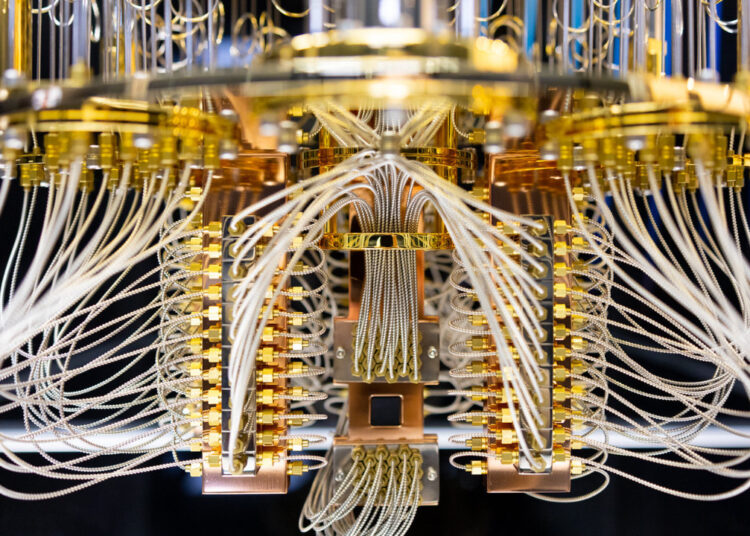Innovations are coming to reduce excessive heating, one of the biggest barriers to the widespread adoption of quantum computers for a long time. Today, most quantum systems require specialized cooling equipment that operates at temperatures close to absolute zero to preserve the delicate quantum states of qubits.
Cryogenic amplifiers are used in these systems to amplify the weak signals emitted by qubits at ultra-low temperatures, ensuring accurate measurement of quantum states. However, current amplifiers often produce significant heat; this necessitates additional cooling and increases the costs of quantum setups.
Where is the key to reducing heat production? The Canada-based Qubic company announced that it is working on an amplifier capable of operating with almost zero heat loss. The device they produce is described as a new type of TWPA called “cryogenic traveling wave parametric amplifier.” This development makes it possible to cool quantum computers more efficiently, thereby reducing size and operational costs.
While it is stated that this advancement will not immediately spread to homes, it is seen as a step that will facilitate the operation of quantum computers for universities and private sector organizations. Thus, in the future, more institutions could begin working with quantum technologies.









